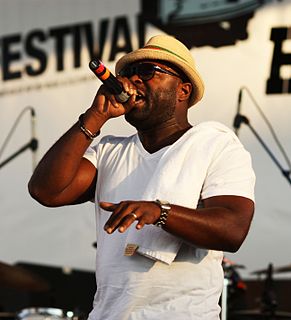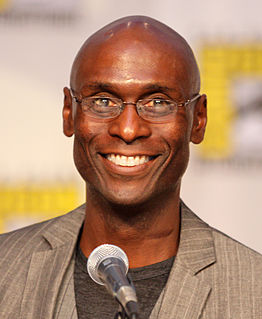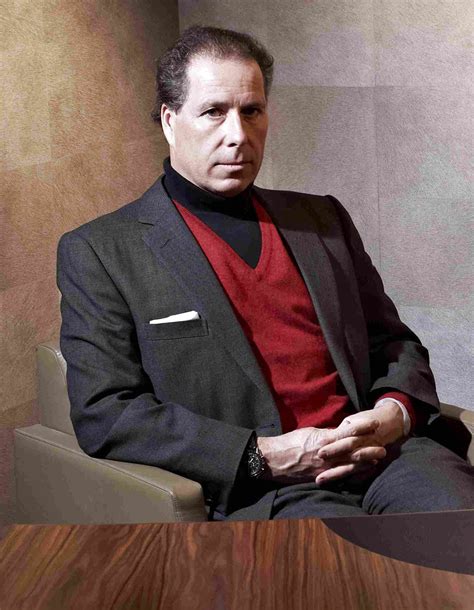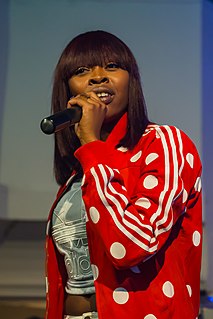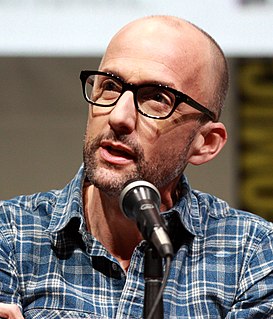A Quote by Black Thought
There are some millennial artists that I totally get and understand, and I know what they're talking about. People who I've worked with and who I'd like to work with. But there's a whole element of artists that I can't explain what they're talking about.
Related Quotes
My first album was mainly dealing with street issues, and it was 'coded': it was called 'Reasonable Doubt.' So the things I was talking about... I was talking about in slang, and it was something that people in the music business was not really privy to. They didn't understand totally what I was saying or what I was talking about.
She [Hillary Clinton] knows the people well. I think there is - you know, also talking about breaking down barriers and talking about that, whether we`re talking about that in economic terms. I mean, she`s the only person who has been out there talking about white privilege and talking about sort of the intersectionality of some of these issues.
The problem of making artists talk about their work is that when they're making their work the left-brain is shut off. So if you talk to an artist about it, you're talking to someone who wasn't there. It's hopeless. And also it's insulting. It's implying that the work is not an adequate account of itself. To me, the greatest artists are almost entirely non-verbal.
We're sitting in here, and I'm supposed to be the franchise player, and we in here talking about practice. I mean, listen, we're talking about practice, not a game, not a game, not a game, we talking about practice. Not a game. Not, not... Not the game that I go out there and die for and play every game like it's my last. Not the game, but we're talking about practice, man. I mean, how silly is that?.. And we talking about practice. I know I supposed to be there. I know I'm supposed to lead by example... I know that... And I'm not... I'm not shoving it aside, you know, like it don't mean anything. I know it's important, I do. I honestly do... But we're talking about practice man. What are we talking about? Practice? We're talking about practice, man.
That's what David Caruso said to me. We were talking about the whole Emmy thing, and he said that one of the things about awards in this town is that a lot is about the drama - like the drama of the performance. And he said "Your show, The Wire, looks so real, it almost looks like a documentary. And people who aren't artists - a lot of people who vote for this stuff - don't get it."
There's a real hunger to understand where objects come from, how artists show their understanding of materials. And there's something fascinating about watching people work, whether it's someone engraving a gun or sewing beautiful clothes together. I know that myself; I'll make a piece of furniture and feel the wood's grain talking to me.
Who are we talking about? We're talking about the people that are trying to criminalize Donald Trump. We're talking about the people that are trying to impeach him. We're talking about people who are trying to via innuendo and leak and media assassination, we're dealing with people that are trying to destroy Donald Trump and his press secretary just signaled that they are serious about reaching out to these people to try to get certain things done, legislatively, like infrastructure or tax reform.
